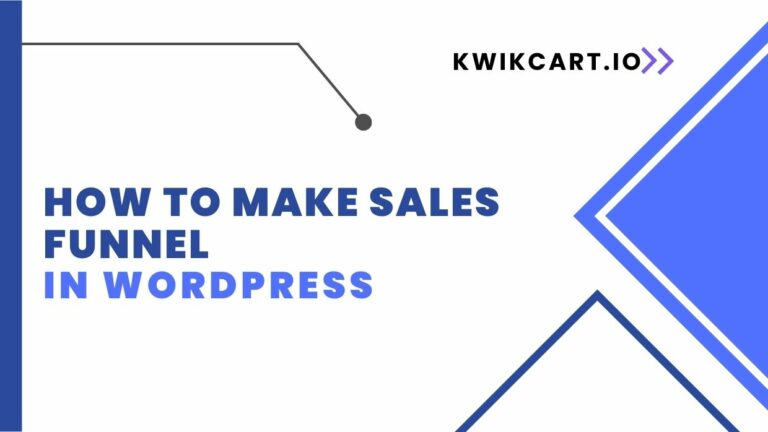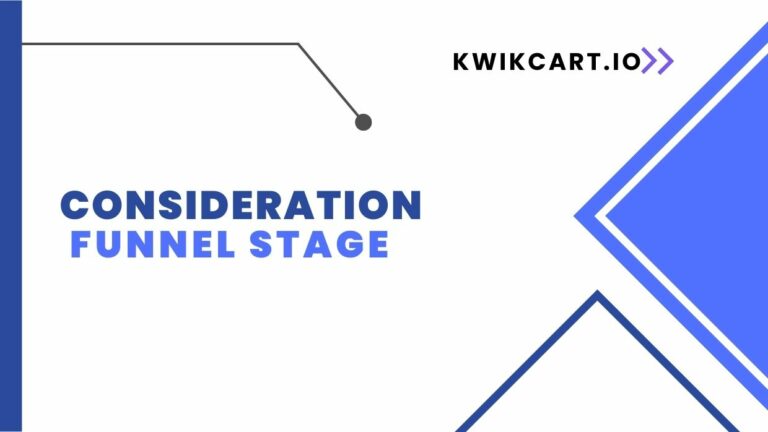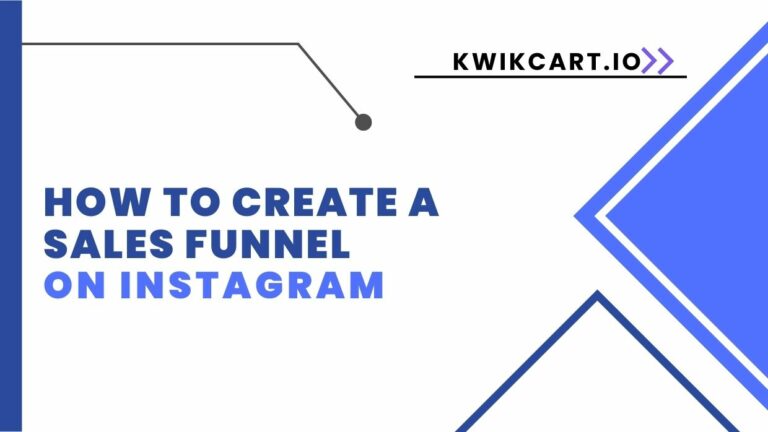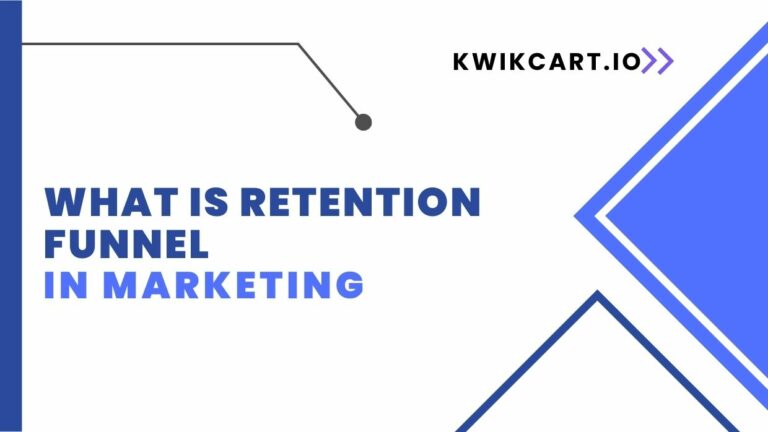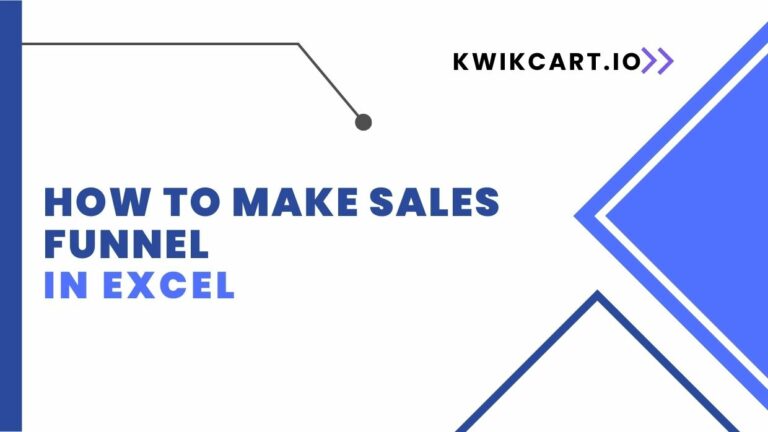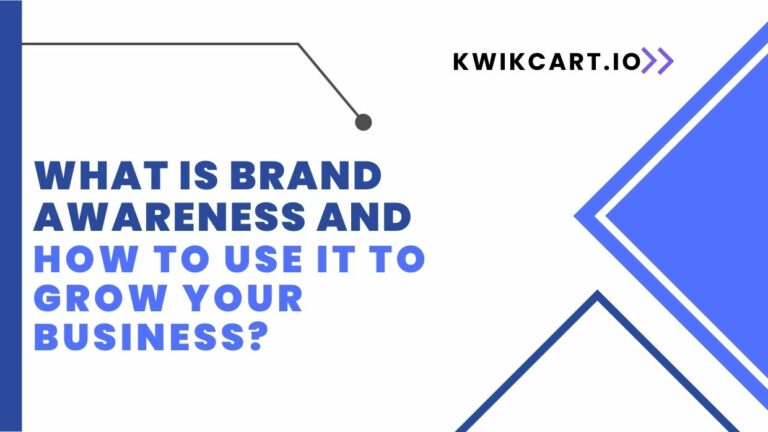What are the Benefits of Marketing Funnels?
In this blog post, we’ll explore “What are the Benefits of Marketing Funnels?”. Are you tired of creating marketing campaigns that fail to generate leads or sales? Do you feel like you’re throwing spaghetti at a wall and hoping something sticks? If so, it’s time to learn about the benefits of marketing funnels. Marketing funnels are a strategic way to guide your prospects through the buying process, from awareness to purchase. So buckle up and get ready for some funnel-based wisdom!
Overview of Marketing Funnels
A marketing funnel is a tool used by businesses to track and measure the progress of their marketing and sales efforts. By understanding the various stages of a marketing funnel, businesses can more effectively allocate resources and track their return on investment (ROI).
The stages of a marketing funnel include:
Awareness: This is the stage at which potential customers become aware of your product or service. At this stage, customers are not yet ready to buy, but they are starting to learn about what you have to offer.
Interest: In this stage, customers begin to develop an interest in your product or service. They may start doing research and comparing different options.
Consideration: This is the stage at which customers are actively considering your product or service as an option. They may request more information or request a demo.
Purchase: This is the stage at which customers make a purchase.
Benefits of a Marketing Funnel
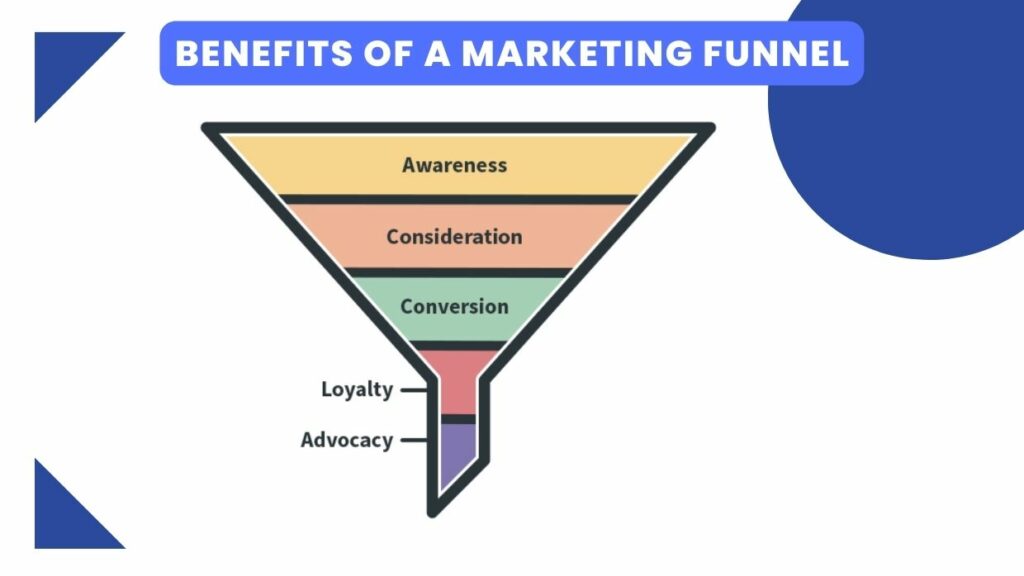
A marketing funnel is a powerful tool that can help businesses to increase leads and conversions. By providing a structured approach to marketing, businesses can more effectively target potential customers and nurture them through the sales process. The benefits of using a marketing funnel include:
Increased leads and conversions: By providing a structured approach to marketing, businesses can more effectively target potential customers and nurture them through the sales process. This results in increased leads and conversions.
Improved ROI: Marketing funnels can help businesses to improve their return on investment by ensuring that each stage of the funnel is optimized to maximize conversion rates.
Greater customer insight: By tracking customers throughout the marketing funnel, businesses can gain valuable insights into their behavior and preferences. This helps businesses to better understand their needs and how to best serve them.
Enhanced customer experience: By delivering targeted content at each stage of the marketing funnel, businesses can provide a more personalized and relevant experience for their customers. This helps to build trust and loyalty, leading to improved customer retention rates.
How to Create a Successful Marketing Funnel
If you’re not familiar with the term, a marketing funnel is a process that companies use to guide customers through their buying journey. It begins with awareness, followed by interest, then consideration, and finally purchase.
The goal of a marketing funnel is to move potential customers through each stage of the journey until they make a purchase. To do this, businesses need to create content that resonates with each stage of the buyer’s journey.
Awareness Stage: The first stage of the buyer’s journey is awareness. In this stage, customers are just becoming aware of their problems or needs. They’re not sure what they want or how to solve their problem yet.
To reach customers in the awareness stage, businesses need to create content that educates them on their problem or need. This can be in the form of blog articles, infographics, ebooks, or even social media posts.
Interest Stage: The second stage of the buyer’s journey is interest. In this stage, customers are starting to take an active interest in solving their problems or fulfilling their needs. They may have already done some research and have a good idea of what they want.
To reach customers in the interest stage, businesses need to create content that helps them further understand their options and find the best solution for their needs. This can be in the form of product comparisons, case studies, guides, or blog posts about specific solutions.
Consideration Stage: The third stage of the buyer’s journey is a consideration. In this stage, customers are actively comparing their options and making decisions about which product or service to purchase.
To reach customers in the consideration stage, businesses need to create content that helps them make informed decisions. This can be in the form of customer reviews, testimonials, demos, or even free trials.
Purchase Stage: The fourth and final stage of the buyer’s journey is purchase. In this stage, customers are ready to buy and are just looking for a few final details before they make their decision.
To reach customers in the purchase stage, businesses need to create content that reinforces why they should choose your product or service over competitors. This can be in the form of discounts, special offers, limited-time deals, or loyalty programs.
Examples of Well Designed Marketing Funnels
Sales funnels are essential for any business looking to generate leads and convert those leads into customers. A well-designed marketing funnel will take a potential customer through each stage of the buying process, from awareness to purchase.
There are a few key elements that make up a well-designed marketing funnel. First, you need to have a clear understanding of your target audience and what they want or need. This will help you create content that speaks to them at each stage of the funnel.
Next, you need to have a plan for getting your content in front of your target audience. This may include using paid advertising, social media, email marketing, or other marketing channels.
Finally, you need to track and measure your results so that you can adjust your funnel as needed. This includes tracking how many people enter the funnel, how many convert into customers, and what kind of ROI you’re seeing.
Read more… A Step-By-Step Guide To Using Funnel Strategies To Grow Your Business
Strategies for Optimizing Your Funnel
There are many ways to optimize your marketing funnel. Here are a few key strategies:
- Define your target audience. Who are you trying to reach with your marketing funnel? Be as specific as possible.
- Research your competition. What are other businesses in your industry doing to market to their target audiences? What can you learn from them?
- Create a compelling offer. What can you offer potential customers that will make them want to buy from you?
- Test, test, test! Always be testing and tweaking your marketing funnel to see what works best.
The Role of Automation in Funnels
Automation can play a big role in marketing funnels. By automating repetitive tasks, you can free up time to focus on other aspects of your funnel. Additionally, automating tasks can help to improve efficiency and accuracy by eliminating human error.
There are a number of ways that automation can be used in marketing funnels. One way is to use an email autoresponder to automatically send out follow-up emails after someone has opt-in to your list. This can be a great way to nurture leads and move them further down the funnel.
Another way to use automation is to set up lead-scoring rules. This means that you can score leads based on their behavior, such as how often they visit your website or open your emails. Lead scoring can help you prioritize which leads are most likely to convert, so you can focus your attention on those prospects.
You can also use automation for social media marketing. For example, you can use tools like Hootsuite or Buffer to schedule posts ahead of time and automate your social media posting schedule. This can help you ensure that your social media accounts are active even when you’re not able to be online yourself.
Overall, automation can be a valuable tool for streamlining your marketing funnel and making it more efficient. By using automation, you can free up time to focus on other aspects of your business and improve the accuracy and efficiency of your marketing efforts.
Read more… What Are The Different Types of Marketing Funnels
Conclusion
In conclusion, utilizing marketing funnels offers a number of advantages for businesses. It allows them to target specific types of customers and tailor their message accordingly in order to maximize the effectiveness of their campaigns. It also gives companies an opportunity to track where leads are in the sales cycle so that they can better understand how well their efforts are working. By understanding these benefits, businesses can be smarter about how they deploy marketing funnels and make sure that they’re getting the most out of them.


